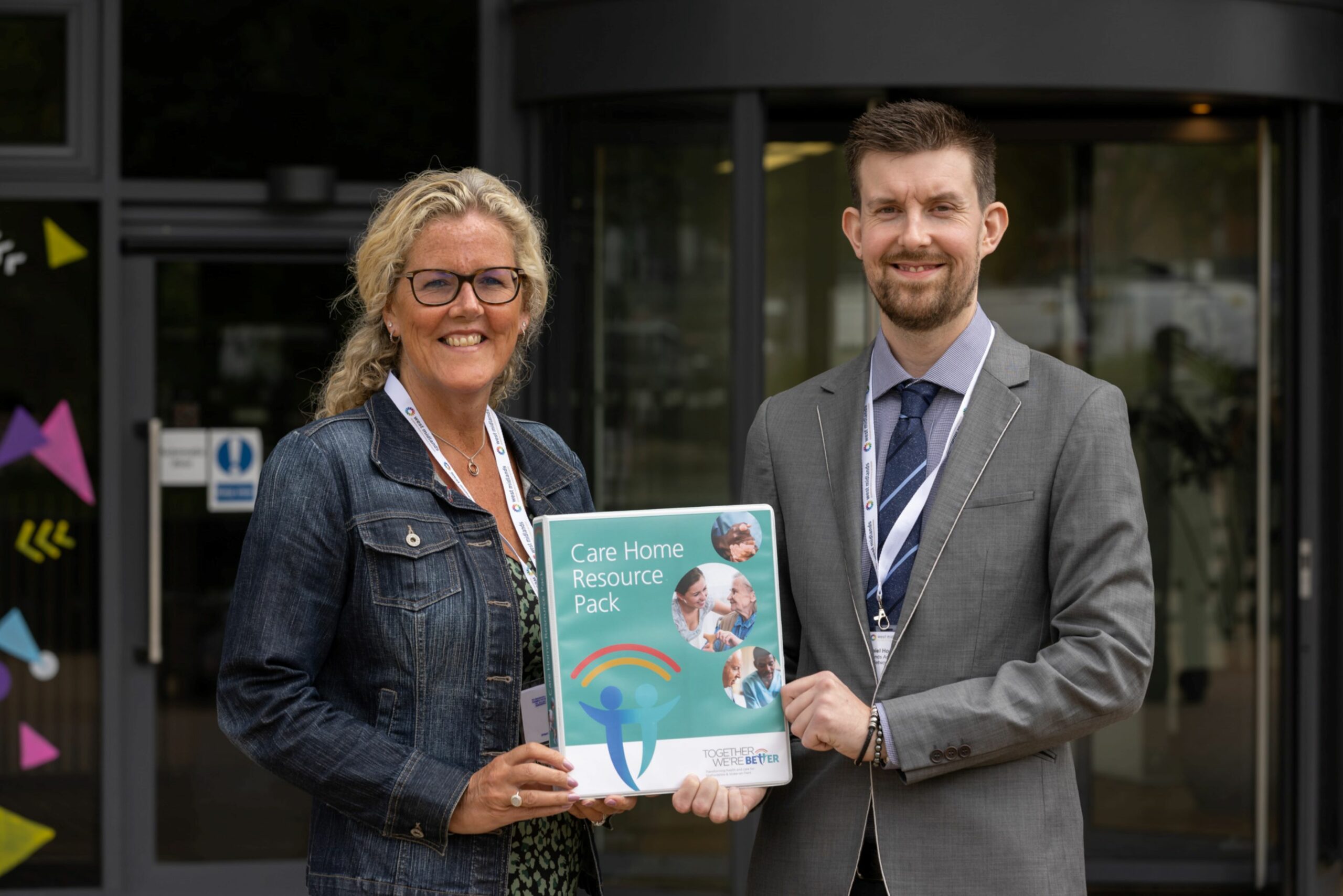West Midlands Academic Health Science Network annual report reveals transformative impact

10 years after being formed by NHS England, the organisation has helped improve standards of care and facilitated millions in inward investment into the West Midlands.
The West Midlands Academic Health Science Network (WMAHSN) has released its 2022/23 Impact Report, highlighting its work and innovations contributing to improved health and generate income growth across the West Midlands.
Key achievements outlined in the report include a reduction of 745 emergency 999 calls – just over two per day – as a result of West Midlands care homes adopting deterioration management tools. This resulted in a reduction of 11,633 hospital bed stays, in cases where patients could receive alternative treatment.
As well as reducing pressures on the NHS and encouraging young people to get involved with healthcare innovations, the WMAHSN has also created 16 new jobs, supported 448 businesses and achieved over £9million of inward investment into the region.
April 2023 marked 10 years since the AHSN Network was established by NHS England and, in this time, the WMAHSN has undergone significant growth and transformation. In the past year alone, the organisation has grown to support the delivery of its programmes, which focus on improving Implementation and Adoption, Patient Safety and Improvement, and Innovation and Commercial.
Key highlights from the WMAHSN Impact Report include:
- The launch of the Junior Innovation and Skills Incubator, which aims to address the UK skills shortage by unlocking untapped potential and accelerating training among young professionals. Three workshops were held to introduce innovators to a range of real-life health and social care challenges, helping to shape the minds of the future.
- The introduction of Thopaz+ to the MedTech Funding Mandate. Thopaz+ is a portable digital chest drainage and monitoring system used for patients who have air or fluid around the lung, due to chest trauma or lung disease. Thopaz+ supports clinical decision-making and assists patients’ recovery and, in 2022/23, national reporting metrics demonstrated an increase from 28 per cent to 46 per cent of trusts implementing or adopting this innovation.
- The West Midlands Managing Deterioration Programme worked with 1,679 care homes across the region to support the training, adoption and sustainability of deterioration management tools, helping professionals to better spot and respond to deteriorating patients. As a result, between January 2021 and September 2022, there were 3,232 fewer emergency admissions, resulting in a saving of £13,590 per care home.
- The West Midlands region was chosen as one of the pilot areas to trial the Child-Parent-Screening programme a method of identifying children and their parents who have familial hypercholesterolemia (FH). FH is an inherited condition passed through families caused by a faulty gene making the liver less able to remove ‘bad’ (LDL) cholesterol. A total of 99 children have been screened to date, across three West Midlands sites, with a further three sites due to go live in 2023 which will have a combined potential of 247 annual immunisations.
Professor Michael Sheppard, Chair of the WMAHSN, said: “Our purpose is to lead, catalyse and drive cooperation, collaboration and productivity to accelerate the adoption of healthcare innovation across the region. With this in mind, it is inspiring to see the positive impact our work has had over the past year, generating continuous improvement in the region’s health and wealth and making a real difference to patients.
“The healthcare sector continues to be a highly dynamic and evolving environment, and we’ve seen several changes across the landscape during 2022/23. Despite this, we intend to keep strengthening our ability to work nationally, regionally and locally, maintaining the environment we have helped create.”
To read the full Impact Report, visit the WMAHSN website.